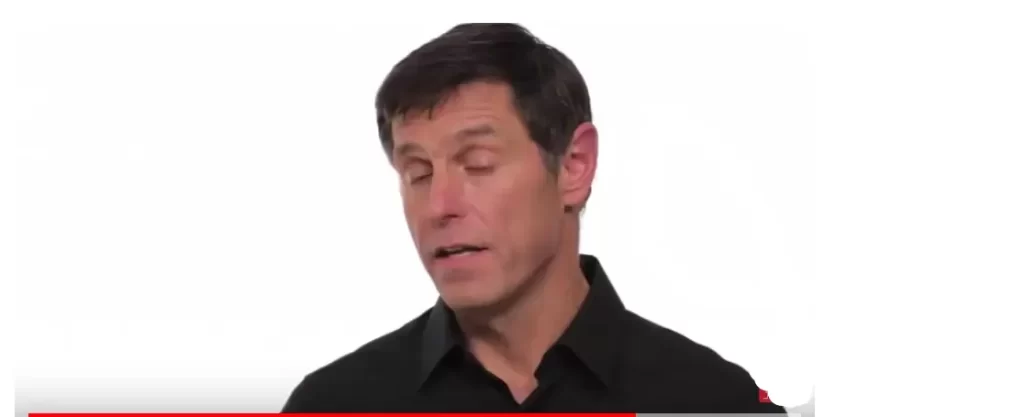WHICH DO YOU DO MORE – REMOVE THE DESIRABLE OR ADD THE UNDESIRABLE WHEN GIVING CONSEQUENCES
Remove the Desirable, add the undesirable – Removing something a teen wants is usually more effectgive than adding something she doesn’t want.
-For many kids their days are too full and they have less time for added responsibilities
-Parents time and energy also is extended to monitor the added responsibilities
Don’t Interfere with a Natural Consequence – DON’T INTERFERE e.g. allow your teen to
- Lose a relationship as a result of being selfish
- Be kicked off a sports team for not meeting the grade
- Spend the night at the police station after being picked up
- Miss out on going to a movie as a result of having spent all his allowance
- If he trashes the house, give him some added home upkeep responsibilities (that’s more logical consequence)
- If he acts out with friends ground him or restrict the time he spends with them (that’s more logical consequence)
Make the consequence something that matters to the teen – They need to be emotionally invested in it. If “nothing matters” your teen may be engaging in a power play and she doesn’t want you to know because she is either angry, wants you to feel helpless, or waiting you out in the hope you will drop the consequence. Treat them with dignity. DON’T lecture, make jokes, show your teen that you were right etc..
DO YOU HAVE A SELECTION OF CONSEQUENCES UP YOUR SLEEVE – VARIETY ADDS SPICE TO LIFE
Have more than one consequence – Have a few different consequences to break up the predictability. You don’t need many, just the right ones.
Preserve the good – The best consequences matter the most, but don’t remove activities that are good for her. Far better to remove movies and video games, which are limited. However as an e.g. one on drugs may have to give up sports to attend drug meetings…
Distinguish between misdemeanours and felonies – The time should fit the crime. When consequences are too strict it can lead to alienation. So give the most lenient consequence that works (if you max out too quickly you have no where to go). The goal is a heightened sense of responsibility, accountability and self awareness in your teen. If it works then great. If not you need to increase the heat over time until you see change. Bear in mind justice and fairness is not the same as changing behaviour and attitudes
DO YOU GET THE FOLLOWING THE RIGHT WAY ROUND
Use Rewards Strategically – Teens shouldn’t be rewarded for doing what is normally required in life. It can contribute to an attitude of entitlement or seeing themselves as superior to others.
Praise = what they should be doing.
Rewards = extra efforts or extra results
THIS IS AN IMPORTANT ONE – IF THEY ARE NOT TAKING RESPONSIBILITY FOR ANYTHING HOW CAN THEY BE ALLOWED PRIVILEGES
No Responsibility = No privileges. Privileges require responsibility, and they will be removed if there is irresponsibility
UNIVERSAL CONSEQUENCES FOR TEENS
WHO PAYS FOR YOUR TEENS PHONE USE – YOU OR THEM? – IS RESTRICTING PHONE PRIVILEGES SOMETHING YOU WOULD CONSIDER
AGAIN WITH DRIVING IS THIS SOMETHING YOU WOULD HAVE CONSIDERED – IF YOU BROUGHT THE CAR – DON’T YOU HAVE RIGHTS ABOUT IT
SOCIAL ACCESS
Ground your Teen. Grounding is grounding. In some circumstances they might be allowed a friend over. Bear in mind an adult needs to be present if grounding implemented.
Restrict Phone Privileges – This can be at certain times, or days, or altogether. Be sure you are willing to pay the price before you impose the consequence.
Restrict Driving Privileges – If your teen drives you have instant leverage – Use it
MEDIA
Restrict access to the television – Restrict time and programming, remove completely or remove from his room. And inform he can’t be hanging around doorway if others are watching tv.
Restrict access to the computer for connecting, browsing, and listening to music – Except for school assignments.
Remove access to music – There are so many ways a teen can access music – so this can be a hard challenge to implement.
Remove access to video games – Video games don’ hold much value beyond entertainment. It’s not hard to impose and easy to lock up videos.
TASKS –ASSIGNING COMMUNITY SERVICE MIGHT THEREFORE SEEM LIKE A PUNISHMENT, BUT IT IS ALSO GIVING TEENAGERS A SENSE OF RESPONSIBILITY – has your teen ever been involved in community projects
Assign added chores – Give your child extra responsibilities around the house. (e.g. loading and unloading dishwasher, doing laundry, mowing lawns, cooking meal for the family, taking out trash.
Assign extra homework – If your teen would benefit from extra work in the subject contact the teacher – this can be effective for problems in neglecting schoolwork.
Assign community service – Community service projects can hook teenagers into helping others and can play a significant role in decreasing the undesirable behaviour

